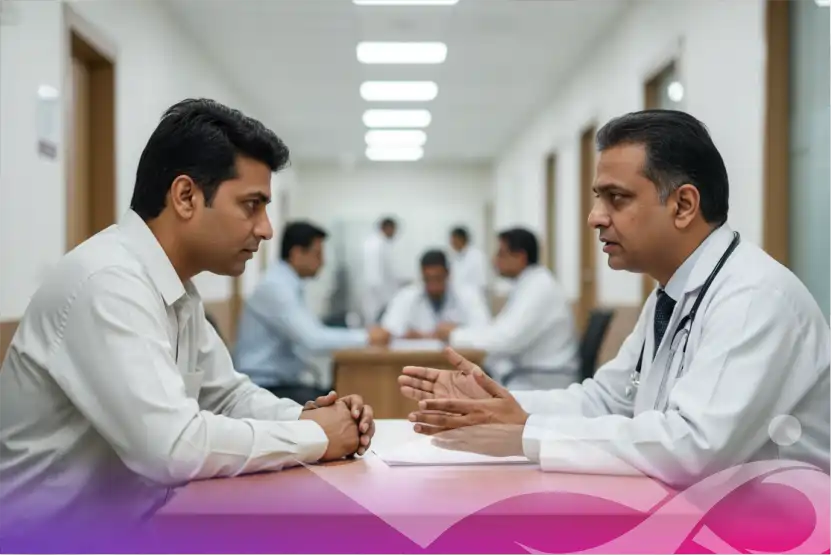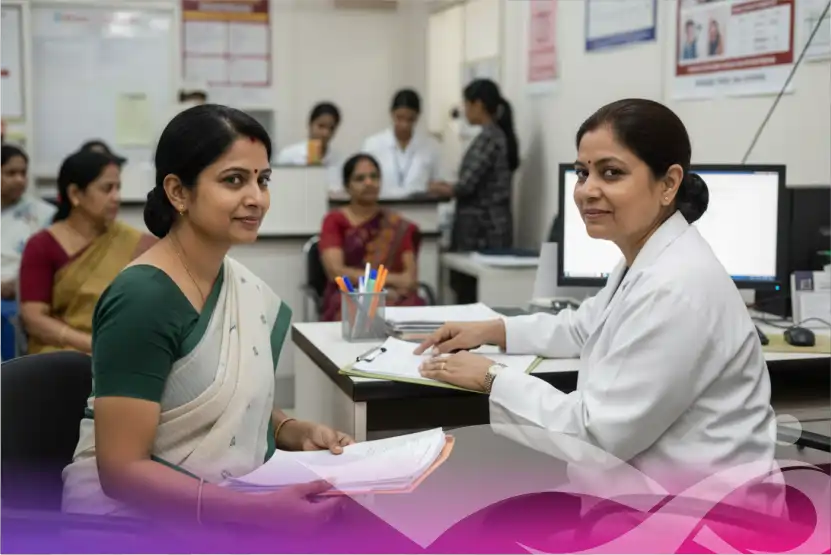Kidney cancer, also known as renal cell carcinoma, often grows without causing any symptoms in its early stages. The cancer may have grown or spread by the time symptoms like blood in the urine, a lump in the abdomen, or long-term back pain show up because it is so hidden. This problem shows how important it is to take steps to protect your health in order to get better results, especially when it comes to early detection tests for kidney cancer. At the International Oncology Cancer Institute (IOCI), we work to spread the word about these important screening methods.
Kidney cancer screening
Unlike some cancers, like breast cancer or colorectal cancer, which have large population-based screening programs in place (like colonoscopies for colorectal cancer or mammograms for breast cancer), kidney cancer cannot be found by any routine screening test that is recommended for the general public. However, this does not diminish the importance of regular cancer screenings when risk factors are present or when symptoms, no matter how subtle, arise. In fact, most kidney cancers are found by accident when imaging tests like CT scans, MRIs, or ultrasounds are done for other reasons, like stomach pain or other issues. These "incidentalomas" are easy to treat because they are usually small and only affect the kidney.
Targeted screening is very important for people who are already at risk. Some of these risk factors are having a family history of kidney cancer, having a history of kidney disease that requires dialysis, or having certain inherited conditions like von Hippel-Lindau disease, Birt-Hogg-Dube syndrome, or hereditary papillary renal cell carcinoma. In these cases, doctors may suggest regular imaging-based monitoring to look for any changes in the kidneys. Because of this proactive approach, tumours can be found very early on.
What is to be done after detection? Next steps
When a suspicious mass is found, more tests are done to find out what it is. This often means getting detailed imaging scans to describe the mass and figure out its size, location, and how likely it is to spread. A kidney biopsy is often done to get a tissue sample for pathological analysis. This tells us what kind of mass it is and whether or not it is cancerous. A correct diagnosis is necessary to make the best treatment plan.
The emphasis on early detection stems from a powerful truth: early detection saves lives in cancer. When kidney cancer is found early, usually when the tumour is small and only in the kidney, the treatment options are often less invasive and very effective. Surgery to remove the tumour or part of the kidney often cures the disease. Finding kidney cancer later, after it has grown or spread to other parts of the body, makes treatment much harder and the outlook often worse. There isn't a single screening test that works for everyone, but you should be aware of your body, control your risk factors, and act quickly if you notice any strange symptoms, especially if you are at higher risk. Our specialized teams at IOCI are ready to offer comprehensive diagnostics and personalized treatment plans for kidney cancer, so you can be sure you will get the best care possible from the time of diagnosis.
Consult us at any of our locations—across IOCI Noida, Greater Noida, Mumbai, Indore, Aurangabad, Agartala, Saharanpur, Kanpur and Jodhpur.












